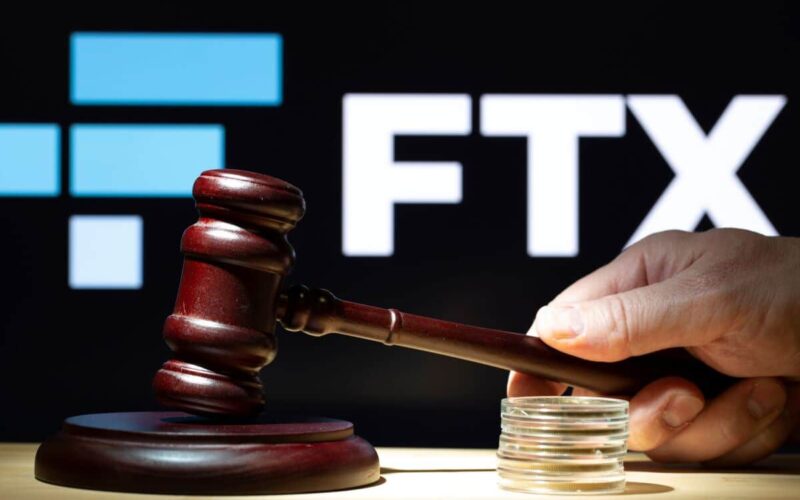Debtors of FTX have expressed their concerns about the Internal Revenue Service’s (IRS) claim of $24 billion in taxes, warning that it could hinder the return of customer funds. In a filing submitted on Sunday, the debtors argued that their earnings were significantly lower than the amount claimed by the IRS and instead, they suffered substantial losses.
IRS Claims and Debtor’s Contestation
“These cases present a zero-sum game,” stated lawyers representing the bankrupt exchange. Initially, the IRS alleged claims of $43 billion but later revised it to $24 billion. FTX’s debtors contested that the IRS failed to provide a basis for its claims and emphasized that the US had previously stated that the IRS’s claims “are not subject to estimation.”
Consequently, the burden falls on the FTX debtors to disprove the claims, which could take several months to resolve. The lawyers further asserted, “These cases should not be delayed by an IRS process that is akin to determining whether a shipwreck sits at 1,000 feet or 3,000 feet below sea level. The import is the same—the ship is underwater.”
Evaluating Tax Issues and Progress of Bankruptcy Proceedings
Ernst & Young (EY) recorded FTX’s loss at $11 billion, a figure reportedly reflected on the tax returns. While the FTX debtors have been cooperating with the IRS and providing requested documents, they argue that an additional lengthy fact discovery period is unnecessary since the IRS has already been evaluating the tax issues for months.
The resolution of the IRS’s claims is crucial for the progress of the bankruptcy proceedings. As per the proposed schedule, an evidentiary hearing is scheduled for confirmation in February of next year, allowing the parties to present their positions and provide briefing on the issues. However, if the back-and-forth between the FTX debtors and the IRS continues, it could lead to a delay in the bankruptcy plan.
The filing notes that the US provided an “eight-month estimation schedule” for further IRS investigation. FTX, which declared bankruptcy in November of the previous year, has been facing additional challenges as its former CEO, Sam Bankman-Fried, was found guilty of fraud in November of this year. Bankman-Fried’s sentencing hearing is set for February 2024.
In late November, FTX received approval from a bankruptcy court to sell its stakes in digital trusts managed by Grayscale Investments. The assets, valued at about $744 million last month, form a key component of FTX’s plan to manage its bankruptcy. Since filing for bankruptcy last year amidst fraud allegations, FTX has been focused on recovering assets and addressing a complex network of debts, including obligations to customers who invested cash and cryptocurrencies on the platform.
So far, FTX’s administrators have successfully recovered around $7 billion in assets, including $3.4 billion in crypto, highlighting the scale and complexity of the company’s financial entanglements.
















